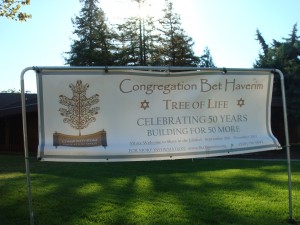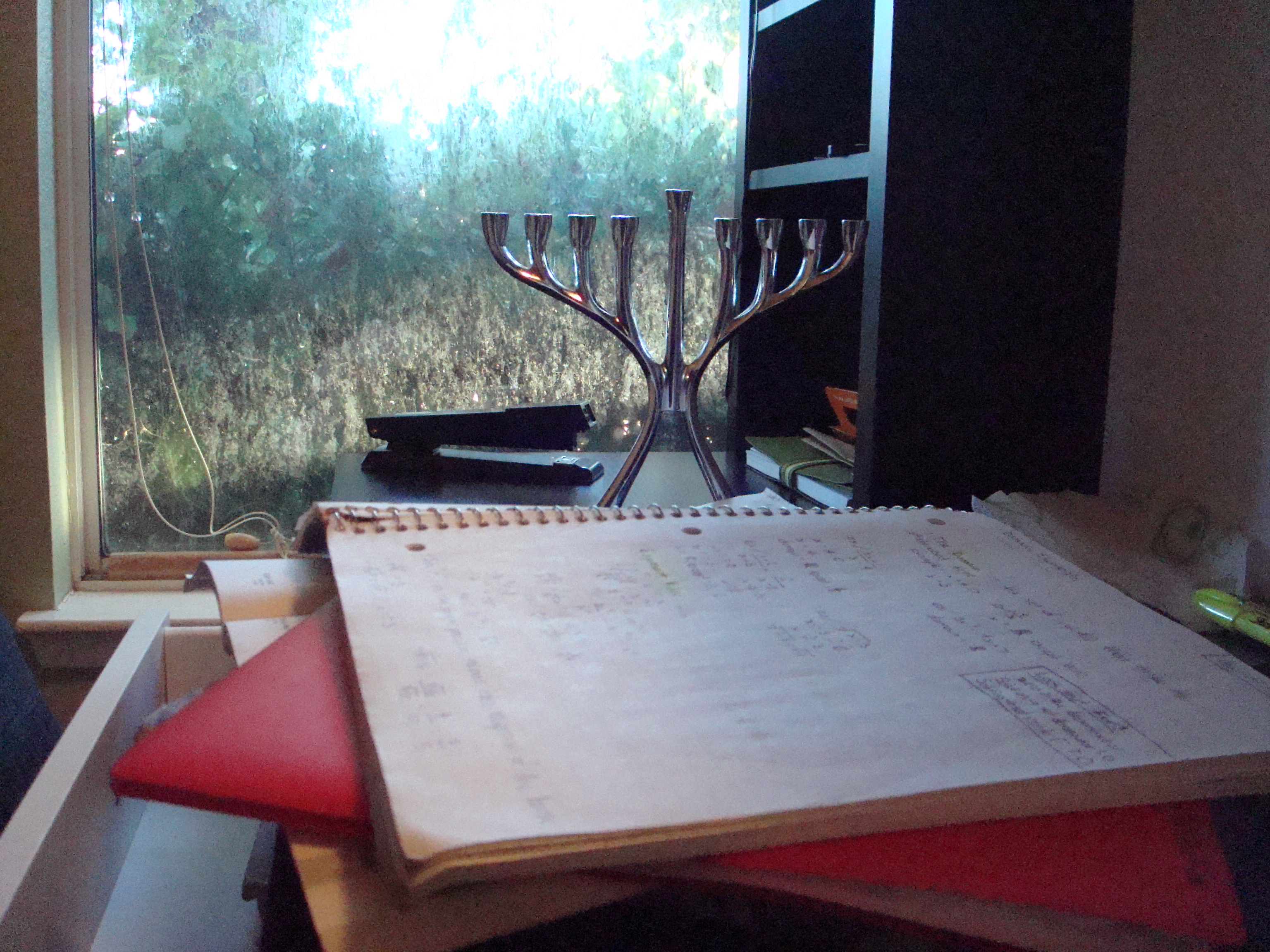Jewish students balance school and worship

Students of all races and religions attend Davis High, so naturally students at the school celebrate a multitude of different holidays. Between Christmas, Hanukkah, Kwanza, and other winter holidays the school district struggles to craft the perfect winter break. This year, the Davis Joint Unified School District winter break runs Dec. 22 – Jan. 6, covering Christmas, Kwanza, and New Years, but leaving out Hanukkah. Hanukkah this year runs from Dec. 8-16.
“We do our best to align days off with holidays most recognized by our families,” Superintendent Winfred Roberson said. The district negotiates with unions and goes over the holidays to plan when the holiday will occur; unfortunately, a lot of holidays get left behind.
Rabbi Joshua Rubenstein, a regional Jewish leader, remembers teaching high school before working in religion. He recalls the struggle between work and worship.
In his experiences, he found that students often sacrifice their love of God in favor of studying. He discovered that educators “consider school and a quality education in general, to be much more important in the life of a young person than a relationship with God.” At his workplace he found that the different worlds of religion and education hindered the experience of some of his students.
One particular difficulty comes along with the arrival of Hanukkah this year is that it falls right before finals week. The heavy studying that comes along with finals week may pose a major problem for Jewish students who regularly practice their religion.
Students have the option to take excused absences on religious days, but they are forced to miss school time in order to do so. Teacher Sherri Sandberg-Ransom thinks that if students are planning to take time off to celebrate they should meet with their teacher to get their work ahead of time.
“I think it is important for students to talk to their teachers about important things going on in their families so that they can work together to resolve this dilemma,” Sandberg-Ransom said.
Sandberg-Ransom and fellow teacher Kathleen Curry understands that planning an all inclusive break is a difficult task. “This year, for example, to accommodate both [all] holidays, we’d need to be in recess for two and one-half weeks; and to include New Year’s, we’d need to be out for three and one-half weeks,” Curry said.
In the end, there is no way that the winter holiday can accommodate all winter holidays and meet the requirements of the school year without adding on extra school days in the summer.
Students must take the initiative to be involved in getting their assignments while finding time to worship at the same time. Rubenstein believes that worship and education are two things that could, and should, flow together. Rubenstein said, “Many of our most brilliant minds, historically speaking, have had deep relationships with God. Copernicus, Galileo, Newton, Einstein – all of these revolutionaries had deep passionate minds and a deep love for God.”



